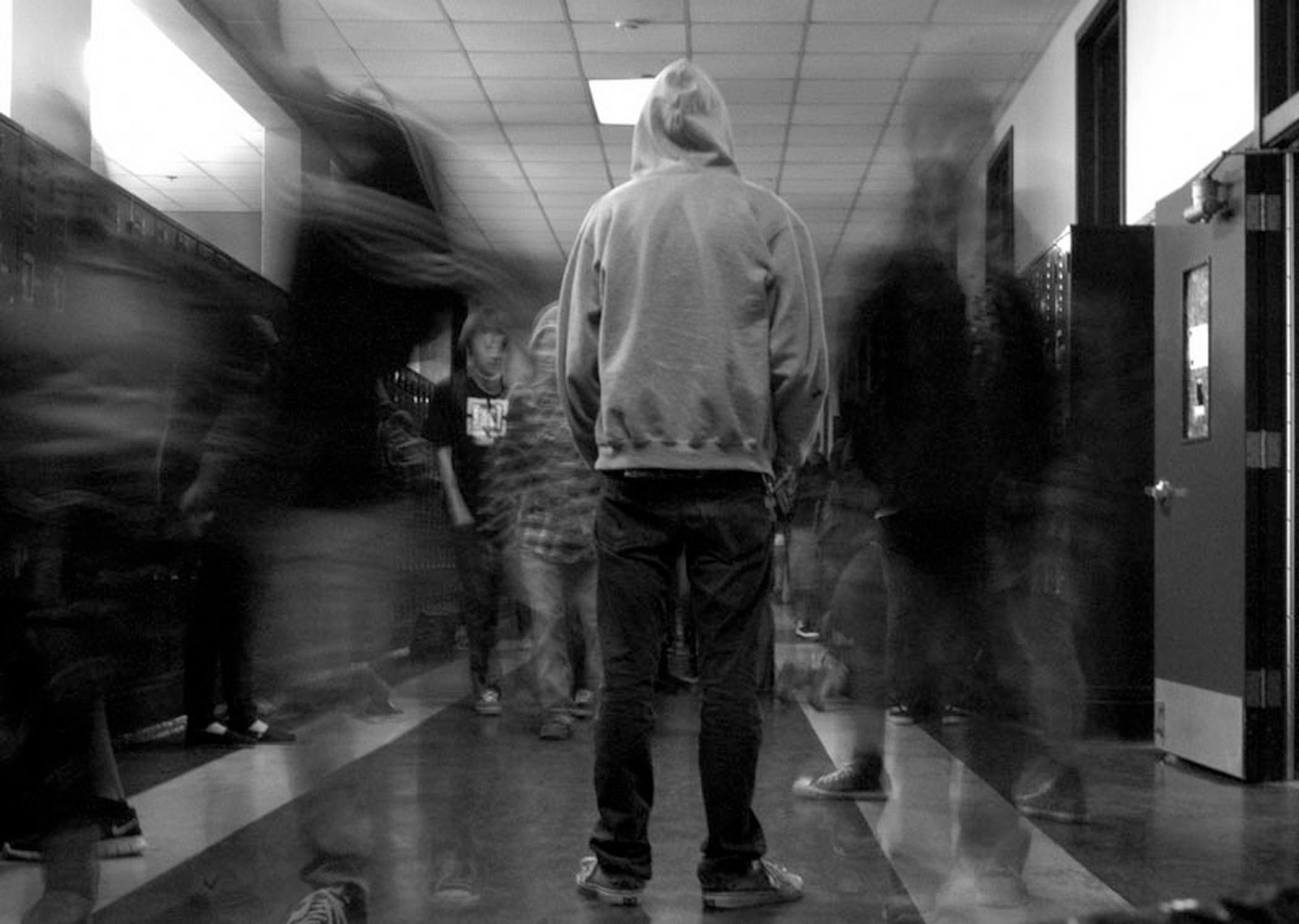 |
| healthline.com |
The Need for Vigilance
Depression is, unfortunately, not always temporary. There are some instances when it can last for months or even years, with very high chances of returning. Parents must be vigilant and look beyond the manifestation of moodiness or bad temperament. It is crucial to be conscious of drastic changes in the behavior and actions of their children. When a teenager suddenly loses appetite and weight, develops an unwillingness to socialize, or starts doing poorly in school, this is a cause for concern. Depression is often associated with increased irritability and agitation, which makes the problem branch out further into an array of disorders from learning disability to anxiety. Furthermore, diagnosing depression in teens can be a complex process that requires examining many different factors.
The Need for Professional Help
Parents must remember that depression, especially teen depression, can be treated. There are ways of handling depression cases, such as cognitive-behavioral therapy and psychotherapy. Parents should not simply settle for giving their teens antidepressants unless these are prescribed, and prescription of such medication should typically only occur in tandem with therapy or after it has been attempted.
 |
apessay.com |
In conclusion, Dr. Curtis Cripe urges parents everywhere to seek professional help if they suspect their child is depressed. This is crucial for everyone involved, even if your child is unwilling to undergo therapy.
Dr. Curtis Cripe is the head of research and development at NTL Group, an international team of neuroengineers and neuroscientists from multiple disciplines bringing the latest in neurotechnology and programs for all levels of brain development. Learn more about NTL Group’s services and Dr. Cripe’s work by visiting this page.
Dr. Curtis Cripe is the head of research and development at NTL Group, an international team of neuroengineers and neuroscientists from multiple disciplines bringing the latest in neurotechnology and programs for all levels of brain development. Learn more about NTL Group’s services and Dr. Cripe’s work by visiting this page.